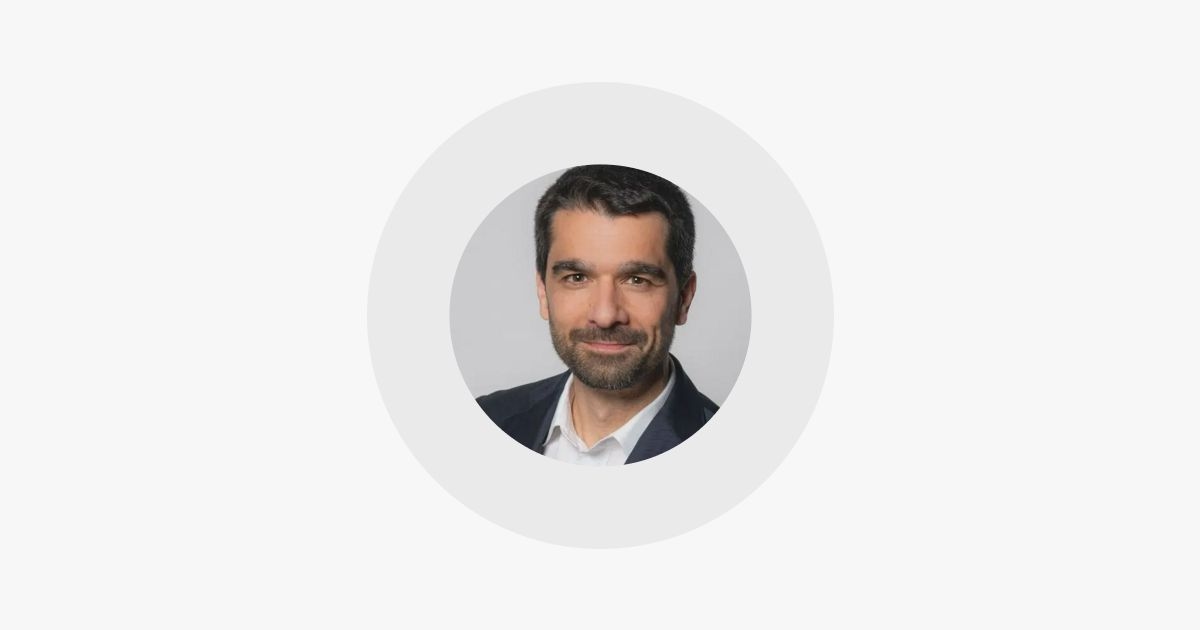When friendship stops paying off

The (still few) supporters of engineer José Pinto de Sousa, known as José Sócrates in politics, accuse those who judge him and his actions. I heard several criticisms for being "Catholic" and not forgiving him; here, "forgive" is understood in a very broad sense. The first point is that if I have to forgive, it's because he did something wrong. The second is that tradition dictates that to be forgiven, "sinners" must ask for forgiveness and acknowledge their guilt; the third is that, in the Gospel, I don't recall Christ telling us to be fools. In fact, the most intense example of his "thinking" is when he drove the merchants out of the temple with a club.
There is a profound error in the analysis here: we not only have the right to judge, but also the duty. There is a timeless Christian concept: the "examination of conscience." This is an exercise to be done as often as possible, ideally at the end of each day. In this examination, we are supposed to look at our past attitudes and compare them with the Christian ideal (both positive and negative). Now, in this analysis, we look at ourselves and our circumstances, our surroundings, ourselves and others. And in these others, there are examples, both good and bad. This analysis is called discernment, a word so often used by recent Popes. The term itself comes from Greek and means "judgment" or "distinction"!
It is a different matter to condemn the mistakes of others, namely the former prime minister. For a Christian, that is the domain of the "Supreme Court," the One to whom we are called and before Whom we cannot use delaying tactics or lie; this Judge is omniscient. And for democrats in general, condemnation is the responsibility of the courts.
With the staging (the exit) performed by Dr. Pedro Delille, a new lawyer was appointed for the case, and he is blind. It's an extraordinary metaphor; this defense doesn't need sight, it needs to create emotion, and since justice is blind, the visual capacity of the "actors" may not even be necessary.
For ordinary mortals, who see other mortals judged in months, not years, this is not justice. Justice is represented by a scale with two pans; on one pan must be placed the rights of the accused, but on the other the rights of all of us, of the res publica , not to be mocked, especially when what is at stake are accusations of corruption, that is, of misappropriation of public money, our money.
In short, I can judge, and my judgment is not good at all.
Another judgment I've recently begun to make is about the concept of friendship. I have lifelong friends, others more recent. Others I've lost or who have lost me, but usually due to distance and the passage of time. I maintain friendships with people I went to kindergarten 60 years ago. Are they all perfect? No. There are all kinds of political leanings, from extreme to extreme. There are those who have had problems with the law. Those who have been very successful and also very unsuccessful. Those who have gone through illnesses. But the friendships have remained, as have the visits, particularly when they are "down."
The moral compass is broken in many people. The Christian religion defines azimuths, St. Matthew (25-43) summarizes: I was a stranger, and you did not welcome me; I needed clothes, and you did not clothe me; I was sick and in prison, and you did not visit me.
The much-vaunted republican ethic is not the same thing. Secular, republican, and socialist—the trilogy touted by most of the left—shows us:
Fernanda Câncio, a journalist who considers herself to have good judgment (I believe), hung out with "that person," vacationed with him—excuse me, with "that person"—and let them pay all her expenses, even in cash. The day "that person" was arrested, she was never seen in the vicinity again.
The Silva Pereira couple, whose son "this person" paid the expenses for and took in in Paris, also disappeared when he was arrested.
Former Prime Minister António Costa, who was Minister of State and Internal Administration in "that person's" government, only went to see him when pressured and pushed, on one and only one occasion.
The list is long and not very flattering. People's crimes are not contagious. Once again, the difference between secular republicans and Catholics is enormous. Catholics, following the dictates written in Matthew, organize themselves into groups and visit prisoners. Prisoners they don't know, with whom they "never had a life or shared affairs," simply to give some comfort to those who are alone and abandoned. On the contrary, they make friends among the prisoners whom they try to help when they are released.
There are indeed enormous differences between those who structure their principles, almost always from childhood, according to the dictates of the Church, and those who do not. And among these, there is a desire to end moral education classes and replace them with "citizenship." I don't think "citizenship" can help discern between friendship and self-interest.
Finally, the average salary in Portugal today is €1310. When we learn that a former friend of a former prime minister, for that reason alone, received €5000 a month 10 years ago just for spouting nonsense, and didn't even know where the company was located, it becomes clear how fertile, well-nourished, and nurtured "populism" is, allowing it to grow immensely.
Today I view the "friends" with even more disgust than the defendant.
observador




